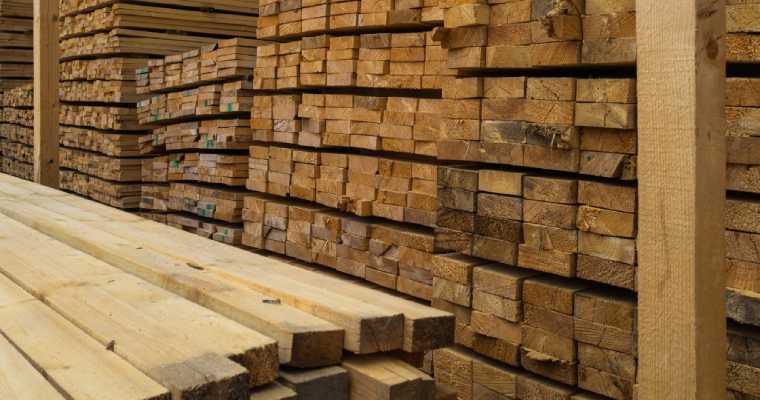At Centersource Technologies AB we are committed to the highest standards of ethical research and data integrity, guided by the ESOMAR Code of Conduct. Our data is sourced from a limited, anonymous market survey conducted with trusted and established industry participants. The insights derived from this survey reflect aggregated finalized prices as well as observed prices reported within the participants respective markets, with a focus on the highest prices recorded during the first two weeks of each month. These insights are provided for informational purposes only and are intended to indicate market trends rather than serve as comprehensive or fully representative market data.
In adherence to ESOMAR's principles, we ensure that all data collection and analysis are conducted with transparency, respect for confidentiality, and strict compliance with ethical guidelines:
- Data Sourcing and Methodology:
We exclusively use data from government, customs, or government-affiliated websites to maintain reliability and public integrity. In addition, we engage directly with industry experts to gather real-time, firsthand information. Each data point is collected, verified, and aggregated following established ethical standards, ensuring that our research processes meet the rigor recommended by ESOMAR. - Transparency and Accuracy:
All data are published promptly as they become available from the source, ensuring that our insights remain current and reflective of on-ground market dynamics. We actively seek and incorporate regular feedback from industry experts, which allows us to make real-time adjustments and continuously improve the accuracy and reliability of our data. - Ethical Data Usage and Third-Party Material:
Our adherence to the ESOMAR Code of Conduct underscores our commitment to ethical research practices. We maintain strict controls over data sharing and usage; copying or distributing our data is prohibited under our company policy. Furthermore, all necessary agreements are in place for any third-party material used, ensuring full compliance with copyright laws and industry best practices. - Limitation of Liability:
While we strive to provide high-quality, timely market insights, the data is derived from a limited sample and should be interpreted within that context. We are not liable for any damages arising from the use of this data, as it is provided solely for informational purposes and as a directional indicator of market trends.
By integrating ESOMAR's ethical guidelines into our research methodology, we ensure that our practices are transparent, respectful of data confidentiality, and aligned with internationally recognized standards. This commitment not only reinforces the credibility of our insights but also builds trust with our stakeholders and industry partners.

UK softwood prices rises amid persistent demand slowdown
Posted on March 25, 2025 |
Softwood demand has seen a slight uptick over the past two months but remains weaker than expected, with gains limited to specific products.
C24 continues to face challenges, requiring significant financial investment from importers and merchants while experiencing sharp fluctuations in price and demand.
Credit insurers have tightened their policies, reducing or canceling coverage due to financial struggles among timber merchants.
Prices are increasing despite weak demand, driven by rising raw material costs and supply shortages, with producers planning monthly price adjustments.
Baltic suppliers have shifted their focus from construction timber to alternative markets like wood fuel, pallets, and fencing due to higher log costs.
Swedish mills have temporarily halted production to manage rising raw material expenses, contributing to price hikes in the supply chain.
UK softwood imports grew by 86,000m³ (+1.5%) in 2023, while overall pricing remained stable compared to the previous year.
Sweden supplied 47% of UK softwood imports, followed by Latvia (17%), Finland (12%), and Germany and Ireland (8% each).
A shortage of whitewood logs in Sweden has led to greater use of kiln-dried redwood for treated carcassing, as it absorbs preservatives more effectively than spruce.
The market is shifting towards prefabricated timber frame construction, cassette floors, and engineered wood beams, while solid wood joists are becoming less common in new housing developments.